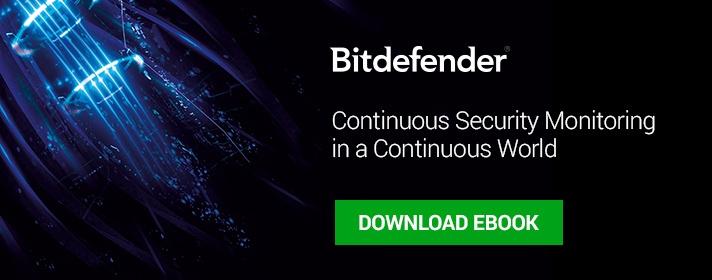Some 90 percent of organizations will shift massively toward hybrid infrastructure capabilities in the next three years, according to advisory company Gartner. The shift reinforces the growth of cloud and industrialized services and the decline of traditional data center outsourcing (DCO).
Gartner analysts predict that spending on cloud, hosting and traditional infrastructure services will be roughly equal.
Worldwide traditional DCO spending is expected to decline from $55.1 billion in 2016 to $45.2 billion in 2020, Gartner forecasts. Cloud computing services, on the other hand, are expected to grow from $23.3 billion in 2016 to reach $68.4 billion in 2020. Spending on colocation and hosting is also expected to increase, from $53.9 billion in 2016 to $74.5 billion in 2020. In addition, infrastructure utility services (IUS) will grow from $21.3 billion in 2016 to $37 billion in 2020 and storage as a service will expand from $1.7 billion in 2016 to 2.7 billion in 2020.
In 2016, traditional worldwide DCO and IUS together represented 49 percent of the $154 billion total data center services market worldwide, consisting of DCO/IUS, hosting and cloud infrastructure as a service (IaaS). This is expected to tilt further toward cloud IaaS and hosting, and by 2020, DCO/IUS will account for about 35 percent of the expected $228 billion worldwide data center services market. This means that by 2020 traditional services will coexist with a minority share alongside the industrialized and digitalized services, analysts say.
Gartner also predicts that, through 2020, data center and relevant "as a service" (aaS) pricing will continue to decline by at least 10 percent per year. From 2008 through 2016, Gartner pricing analysis of data center service offerings shows prices have dropped yearly by 5 percent to 7 percent for large deals and by 9 percent to 12 percent for smaller deals.
Since 2012, prices for the new aaS offerings, including IaaS and storage as a service, have dropped in similar to higher ranges. Traditional DCO vendors will exit the DCO market due to price pressure, while others will develop solution capabilities and continue to compete. Buyers will be able to choose between many more vendors, select traditional or new solutions and achieve price reductions yearly through 2020.
By 2019, the Amazon Web Services (AWS)-Microsoft duopoly will force 90 percent of native cloud IaaS providers will be forced out of the market.
According to a Bitdefender survey, some 70% of large companies in the US, UK, and Germany have already adopted the hybrid approach of on-premise and off-premise data storage. Hybrid infrastructures have become the major common architecture in the enterprise environment, with the hypervisor now sitting as an intermediary between virtualized endpoints and physical hardware. But endpoint security has not, until now, experienced the same shift. Traditional network-level security may run as a virtual appliance, but still essentially performs inspection of network traffic. Traditional security agents running in protected systems may offload scanning to a virtual appliance for performance, but are still constrained by technical limitations of running within the endpoint operating system.
Until now, the very concept of endpoint security was constrained to security agents running within a host OS on endpoints – the Windows and Linux servers and desktop operating systems upon which every modern organization depends – or as network devices, and attackers have been taking advantage.
Bitdefender has solved the technical challenges of creating a solution to the root problem, giving datacenter owners the ability to know what they don’t know, and act on information from below the operating system. With agentless protection running outside the host OS, this radical new approach redefines endpoint security. Citrix’s XenServer Direct Inspect API facilitates virtual machine introspection from a security virtual appliance. Bitdefender built Hypervisor-based Introspection (HVI) to take advantage of the virtual machine introspection feature included in Citrix Xen Server. Read more about HVI here.







